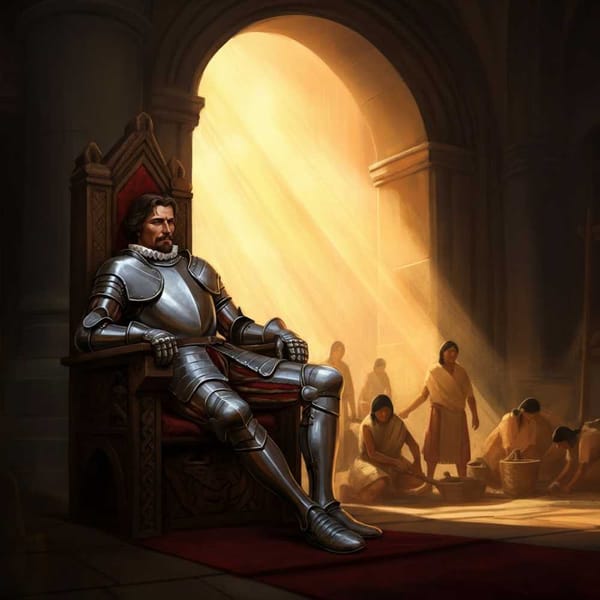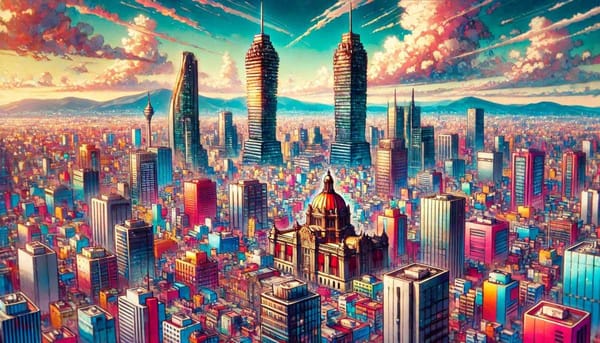Is Facebook undemocratic?
The online platform Facebook celebrates 18 years since its creation. It is necessary to promote media literacy or critical education for the media.

The social network Facebook, with more than 2.1 billion users on the planet, which emerged to interconnect people and played an important role in cyberactivism movements such as the Arab Spring, today generates problems for democracy, as it is one of the biggest engines for the dissemination of false information and in which personal data is violated.
This is what Luis Ángel Hurtado Razo, an academic at the Faculty of Political and Social Sciences of the UNAM, says on the occasion of the 18th anniversary of the launching of the social network of the company Meta. According to his study "How do Mexicans use Facebook?" which he carried out nationwide in 2019, 85.22 percent of those interviewed said they had received false news through this medium and 42.36 percent acknowledged having believed it.
The reason they believe it is because it is shared by their colleagues at work or study centers, family, or friends. 34.9 percent responded that it is because of the headlines or titles and 37.93 percent because of the presentation of the information.
Meanwhile, Carolina Pacheco Luna, also an academic of this academic entity and member of the Feminist Laboratory of Digital Rights, highlights that it is a communication technology that at the time revolutionized the interconnections and human relations and became a business model that profits from people's privacy.
It also has a component of power, of gender, in which women have been the most aggrieved, but they have also learned to seek self-care strategies to establish counterweights and make complaints as was the case of the MeToo movement, in which they were able to organize through the network and demand their rights.
On Facebook, it had eight million mentions in just 24 hours. "We have to have a critical vision concerning this network; we already have it here and we have to take care of ourselves," comments the master in Communication.
Facebook's ups and downs
A few years ago, Time magazine named Mark Zuckerberg, creator of Facebook, as one of the pillars for technological development and the appropriation of technology and the Internet, by allowing transparency and freedom of expression among users and benefiting, in the short and medium-term, democratization processes. Last year, the publication invited people to disconnect from Facebook.
In 2008, it also played an important role in the presidential campaign in which Barak Obama was elected in the United States, as well as in the democratic processes in North Africa, known as the Arab Spring; in cyberactivism movements, such as 15M and the Indignados in Spain; as well as YoSoy132 in Mexico. Then, theorists and academics believed that Facebook was a sort of cyberutopia. "We believed that digital networks were the medium in which many countries, groups, and narratives were going to benefit," says the university expert.
In 2009 the paradigm of this social network changed. In its origins, it was mentioned that it would not have advertising, but with the introduction of the algorithm used by Google that collects browsing time, geolocation, the most used words, the most frequented pages, and user interactions, information was leaked and personal data became merchandise, even used for political purposes. The business, the white gold of our era, is data, data mining, and large databases and the use made of them.
The social network experienced the Cambridge Analytica scandal, a company that from information obtained from Facebook profiles created strategies and messages focused on changing the perception of users in the 2016 elections, in the United States, in the Brexit in the United Kingdom, and the peace process in Colombia. Hundreds of fake news -fake news- were used to spread fears, generate phobias, hate speech, racial discrimination, and even incite violence.
This led to an investigation by the U.S. Congress, which summoned Zuckerberg to appear, and who said he was guilty in the violation of data, of users' privacy, but not for what people publish. He released the process and the narrative of fake news and post-truth emerged, for which all social networks and the Internet are responsible.
The latter has worked on their self-regulation; some governments established laws to limit and punish some of their actions or omissions and other countries have made progress in promoting public policies to educate the population in the media, so that they know how to distinguish true speeches from false ones, not to fall into the emotionality of the intolerant, to incite violence and to take care of their data.
Among them are Norway, Finland, Sweden, Japan, South Korea, where compulsory media education subjects are taught at different educational levels, not only digital ones. Education generates in society what he calls "informative criteria", which is to establish a healthy distance from all media. They are nations in which they read more, consume more television, and do not stay with only one media. This allows that, if they see fake news on Facebook, they contrast it with what the radio, TV, the press say, and do not get carried away by the immediacy; once they corroborate, they see that it is false and do not spread it.
There are challenges in terms of self-regulation related to the control of personal data and digital violence in different modalities. There is a human part and an artificial intelligence part that watches out for content contrary to Facebook's policies. But we also know that there are many ways to turn these around so that they continue to spread and Facebook has had no control over it.
There needs to be critical media education, which feminist groups have been pushing for over the past five decades. Critical media education and how to consume the media are what is needed. Social networks are media and the state, institutions should create media education programs and include these topics in all basic education.




